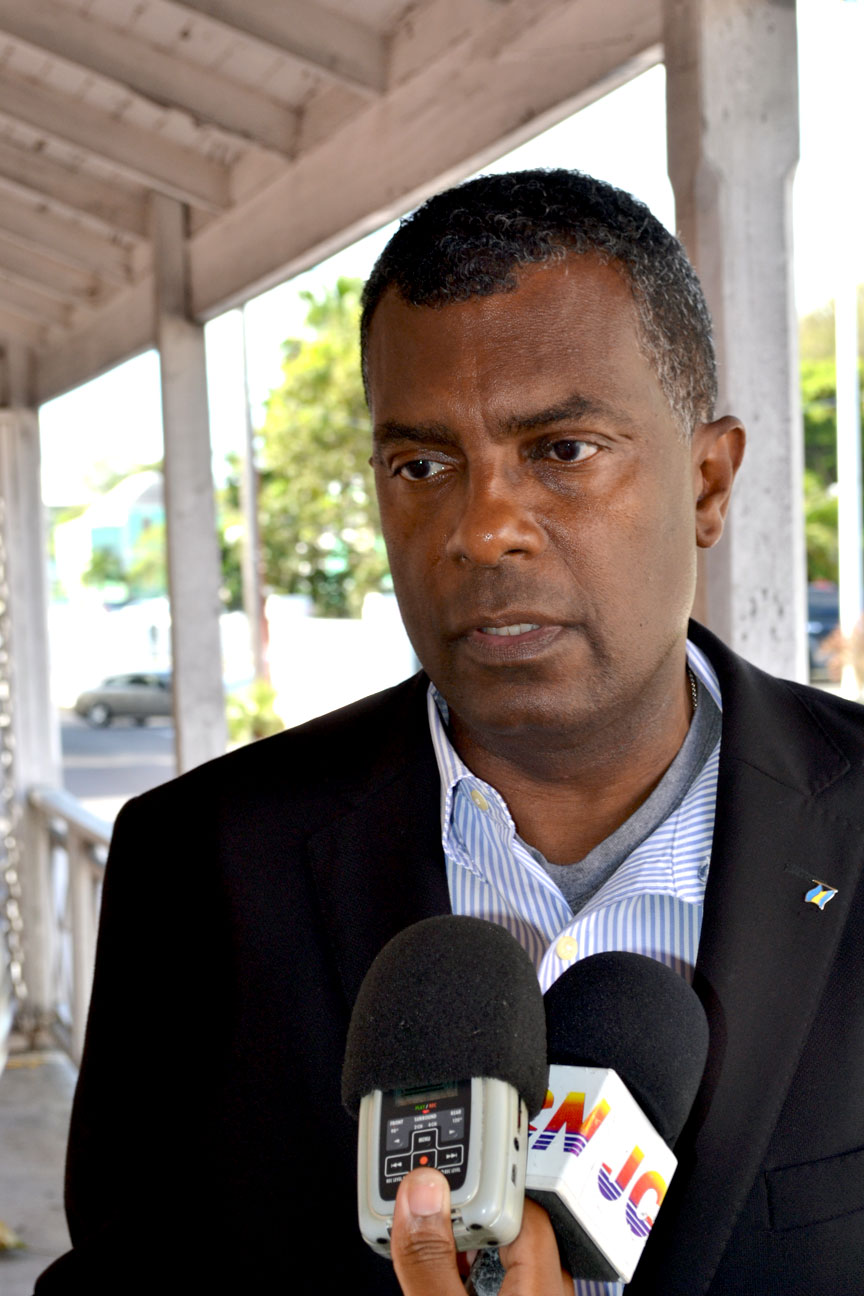 Foreign Affairs Minister Fred Mitchell yesterday moved for the second reading of the bill to amend the Trafficking in Persons Act.
Foreign Affairs Minister Fred Mitchell yesterday moved for the second reading of the bill to amend the Trafficking in Persons Act.
The legislation, which was first introduced back in 2008, is in keeping with the United Nations Protocol, as it seeks to prevent, suppress and punish trafficking persons especially among children and women.
The Bahamas ratified the UN protocol on September 26th 2008.
Mr. Mitchell in Parliament yesterday explained that jurisdictions under this protocol are to adhere to certain regulations.
“Each state party shall adopt such legislation and other measures as may be necessary to establish as criminal offenses the conduct set forth in article three of this protocol when committed intentionally,” Mr. Mitchell said.
“Each state party shall also adopt such legislative and other measure as may be necessary to establish as criminal offenses: a) subject to the basic concept of a legal system, attempting to commit an offense established in accordance with paragraph one of the article,” he said.
“Part b) participate as an accomplice in an offense established in accordance with paragraph one; c) which is what we are doing today, organizing and directing other persons to commit offense established in accordance with the article,” he explained.
The Minister assured that all stages of the crime, physically and mentally, will now be covered by the law.
“This includes those who are actually doing the act, and those who are encouraging the act, organizing the act, and those who are directing the act,” Mr. Mitchell said.
The Foreign Affairs Minsiter pointed out that the amendment which will be applied to section three of the article will ensure that The Bahamas fully carries into effect the international obligations to prevent human trafficking.
THE Bahamas has recently been listed as a tier one country in the United States’ Trafficking in Persons (TIP) report, which means that the government has been complying with the minimum standards for the elimination of trafficking.
In 2015, the United States initiated three new prosecutions, adopted a four-year national anti-trafficking strategy and action plan, provided anti-trafficking training to officials, and continued to implement a victim-centred assistance protocol for identified trafficking victims.


